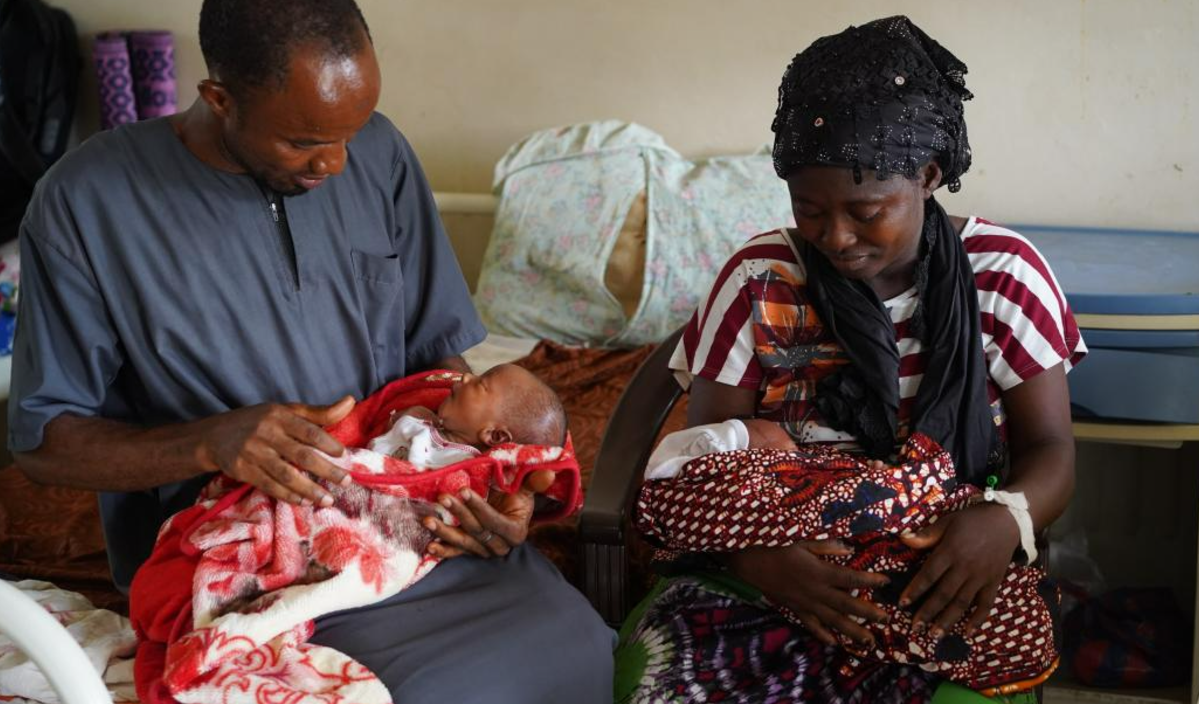FREETOWN, Sierra Leone (BG) – As the world celebrates Universal Health Coverage Day, Sierra Leone has made significant progress in maternal and child health, according to the World Health Organization (WHO) Regional Office for Africa.
Historically burdened by one of the highest maternal mortality rates in the world, Sierra Leone has made remarkable progress.
Since 2010, the government has provided free health care to pregnant women, mothers and children under five.
These initiatives, supported by WHO and partners, have contributed to a 74% reduction in maternal mortality between 2000 and 2020, from 1,682 to 443 deaths per 100,000 live births.
There has also been a 55% reduction in under-five mortality, from 225 to 101 deaths per 1,000 live births.
In 2018, Sierra Leone became the 10th member of the Global Quality of Care Network, which aims to halve maternal and newborn deaths in targeted health facilities within five years.
This led to the establishment of the National Quality Management Program, which has driven improvements in health care delivery, trained more than 500 workers, and placed quality of care officers in all 16 district hospitals.
“Before quality of care, we had more maternal deaths as compared to now,” said Rebecca Bockarie, a quality officer at Bo Government Hospital. “But since it was introduced into the system, and with all the trainings that staff have had, we are now giving the best care to our patients. There is much improvement.”
Medical Superintendent Dr Osman Kakay noted that maternal deaths at his facility have more than halved since November 2022.
WHO’s contributions include strategic support, training, and medical supplies to improve emergency obstetric care. “We want to make sure that no one is left behind,” said Dr. Innocent Nuwagira, WHO Representative in Sierra Leone.
Sierra Leone’s Minister of Health, Dr. Austin Demby, said: “What we want to do is to focus on maternal mortality on the one hand but also focus on child survival.”
“We are looking at child survival to the extent that we want to take this so seriously as a nation that we have declared an emergency, a local emergency, that allows us to focus and direct resources at not only having the safe delivery of a baby and allow this baby to not only survive but also thrive,” Demby added.






















